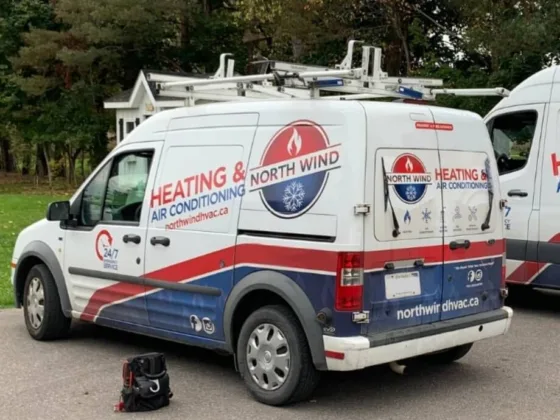Today, we’re diving into a topic that’s not just about enhancing our homes but ensuring our safety.

Electrical systems are like the veins of our homes, powering everything we love and need. But, oops, we sometimes get it wrong, don’t we? Let’s talk about the 10 common electrical blunders many of us make without even realizing it.
And, of course, we’ll sprinkle in some tips on how to avoid these mishaps. Ready to become a savvy homeowner? Let’s zap right in!
1. Overlooking the Circuit Breaker
Ever experienced your lights flickering or appliances suddenly stopping? This could be due to an overloaded circuit breaker.
It’s like inviting too many guests to a party, and suddenly, there’s not enough cake for everyone. Ensure your breaker is properly labeled and not overloaded to avoid unexpected party poopers.
Quick Fix:
Label your breaker – Spend a weekend tagging each switch with the correct area of your house it powers. It’s a tiny task with big benefits.
2. Misusing Extension Cords
Ah, extension cords, Our go-to solution for just about everything! However, using them as a permanent fix is like putting a band-aid on a leaky pipe. Over time, they can wear out, leading to potential hazards.
Safety First
- Use extension cords only as a temporary solution.
- Ensure they’re fully uncoiled to prevent overheating.
3. Ignoring the Importance of GFCIs
Ground Fault Circuit Interrupters (GFCIs) are like the guardians of your home. They protect you from electrical shocks, especially in moisture-prone areas like bathrooms and kitchens.
Did You Know?
Installing GFCIs in key areas can significantly reduce the risk of electrical accidents.
4. Going DIY on Major Electrical Work
We all love a good DIY project, but when it comes to major electrical work, it’s time to call in the pros. There’s a fine line between changing a lightbulb and rewiring a room.
Pro Tip:
When in doubt, hire a certified electrician for an electrical repair. It’s better to be safe than sorry!
5. Overlooking the Warning Signs
Flickering lights, buzzing noises, or outlets that feel warm to the touch are like your home’s way of saying, “Hey, something’s not right here!”
Listen to Your Home:
Don’t ignore these signs. They could be early warnings of larger issues.
6. Skimping on Surge Protectors
In an era where we’re all plugged in, surge protectors are essential. They’re like the unsung heroes, protecting your gadgets from unexpected spikes in voltage.
Investment Alert:
Think of surge protectors as an investment in your electronics’ longevity.
7. Not Planning for Future Needs
When renovating or building, it’s easy to think about what you need now but don’t forget about the future. Maybe you’ll need extra outlets in the office or a dedicated circuit for that dream workshop.
Future-Proof Your Home:
Consider your long-term needs when planning electrical upgrades.
8. Choosing Style Over Function
We get it, that antique lamp is gorgeous, but if it’s not up to current electrical standards, it might not be worth the risk.
Balance Is Key:
Always ensure that your stylish fixtures are also safe and functional.
9. Ignoring the Outdoor Areas
Outdoor lighting and electrical systems need love too! They’re exposed to the elements and can degrade over time.
Outdoor Tips:
Regularly check outdoor wiring and fixtures to ensure they’re in tip-top shape.
10. Forgetting About Energy Efficiency
Saving energy is not just good for the planet; it’s great for your wallet too. Upgrading to energy-efficient appliances and lighting can make a significant difference.
Eco-Friendly Choices:
Consider LED lighting and Energy Star appliances to reduce your home’s energy consumption.
Avoid These Costly Mistakes!
There you have it: 10 common electrical mistakes many homeowners make. By staying informed and proactive, you can keep your home safe, efficient, and well-lit. Remember, when in doubt, always consult with a professional.
FAQ Section
How often should I check my home’s electrical system?
It’s a good idea to have a professional inspect your system every few years or if you notice any warning signs.
Can I install a GFCI outlet myself?
If you’re handy and familiar with electrical work, you can. However, if you’re unsure, it’s always safer to call a professional.
Are surge protectors really necessary?
Absolutely! They protect your electronics from voltage spikes that can cause damage.









